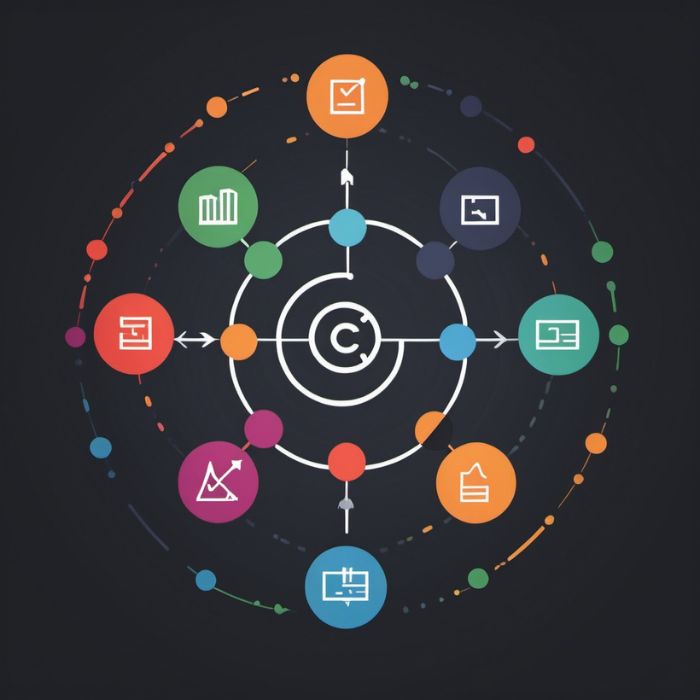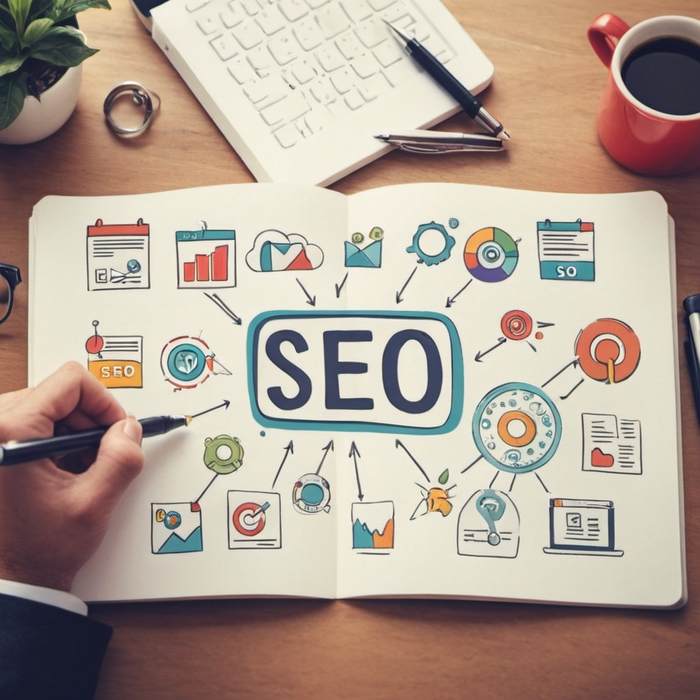Best Website Builders for Small Businesses & Entrepreneurs in 2025
A website has become indispensable for small businesses, freelancers, and entrepreneurs to impart an online identity. But not everyone is proficient in coding or has enough money to hire one. Website builders save the day here, allowing you to build a professional site without technical know-how.
Limited options can be good in a way. But with so many, which website builder suits you best in 2025? This guide will give you a glimpse of the best website builders, features, prices, and best applications you can use to match the right platform of your choice.
Table of Contents
Why Use a Website Builder?
A great website builder allows you to:
- Easily design and launch a professional website without coding.
- Customize templates to match your brand.
- Integrate eCommerce, SEO, and marketing tools seamlessly.
- Optimize for mobile devices and user experience.
- Scale your business with powerful features and third-party apps.
Quick Comparison Table
| Website Builder | Best For | Price | Key Features |
|---|---|---|---|
| Wix | Best Overall | $ | Drag-and-drop builder, SEO tools, app marketplace |
| Squarespace | Best for Design | $$ | Stylish templates, built-in blogging & eCommerce |
| Shopify | Best for eCommerce | $$$ | Powerful online store features, payment gateway |
| WordPress.com | Best for Blogging | Free/$ | Customizable, plugins, SEO-friendly |
| Weebly | Best for Simplicity | $ | User-friendly, drag-and-drop, free plan available |
| Webflow | Best for Advanced Users | $$ | No-code builder, advanced design controls |
Best Website Builders (In-Depth Review)
1. Wix (Best Overall Website Builder)
Why Choose Wix?
- Intuitive drag-and-drop interface for easy customization.
- Hundreds of free templates for different industries.
- AI-powered website creation with Wix ADI.
Key Features
- Built-in SEO optimization.
- App Market for additional functionalities.
- eCommerce and booking system integration.
Pros:
✔️ Easy to use, even for beginners. ✔️ Affordable pricing with a free plan available. ✔️ Great for small businesses, portfolios, and freelancers.
Cons:
❌ Limited flexibility compared to WordPress. ❌ Cannot switch templates once selected.
Best For: Small businesses and entrepreneurs who need an easy, flexible website builder.
➡️ Build your website with Wix today!
2. Squarespace (Best for Stunning Designs & Branding)
Why Choose Squarespace?
- Modern, stylish templates perfect for branding.
- Integrated blogging and eCommerce capabilities.
- Built-in SEO and marketing tools.
Key Features
- Drag-and-drop page builder.
- Professional blogging features.
- Robust eCommerce integration.
Pros:
✔️ Best-looking templates for branding. ✔️ Reliable customer support. ✔️ Good for artists, designers, and bloggers.
Cons:
❌ Slightly more expensive than competitors. ❌ Limited third-party apps compared to Wix.
Best For: Creative professionals and businesses focusing on aesthetics.
➡️ Create a beautiful website with Squarespace!
3. Shopify (Best for eCommerce & Online Stores)
Why Choose Shopify?
- The best platform for online store owners.
- Scalable solutions for businesses of all sizes.
- Seamless integration with multiple payment gateways.
Key Features
- Advanced inventory management.
- Multi-channel selling (social media, Amazon, etc.).
- Abandoned cart recovery & marketing automation.
Pros:
✔️ The best eCommerce features available. ✔️ Scales well for growing businesses. ✔️ Strong security and customer support.
Cons:
❌ Higher pricing compared to other builders. ❌ Transaction fees unless using Shopify Payments.
Best For: Businesses looking to launch or scale an online store.
➡️ Start selling online with Shopify!
4. WordPress.com (Best for Blogging & Content Creators)
Why Choose WordPress.com?
- Most customizable platform with thousands of themes.
- Great for content-heavy websites like blogs, news sites, and portfolios.
- Free plan available with basic features.
Key Features
- SEO-optimized blogging platform.
- Thousands of plugins for additional functionality.
- Content scheduling and analytics tools.
Pros:
✔️ Best for long-term blogging & content-heavy sites. ✔️ Large community support. ✔️ Can be upgraded to self-hosted WordPress.org.
Cons:
❌ Requires plugins for advanced features. ❌ Limited flexibility on the free plan.
Best For: Bloggers, publishers, and content creators who need an SEO-friendly platform.
➡️ Start blogging with WordPress today!
5. Weebly (Best for Simplicity & Small Businesses)
Why Choose Weebly?
- Simple, drag-and-drop website builder.
- Great for small businesses and personal sites.
- Free plan available.
Key Features
- Built-in eCommerce functionality.
- SEO and blogging tools.
- Mobile-responsive templates.
Pros:
✔️ One of the easiest website builders. ✔️ Affordable pricing options. ✔️ Ideal for small business websites.
Cons:
❌ Limited customization compared to Wix or Squarespace.
Best For: Beginners and small business owners needing a simple website.
➡️ Get your website online with Weebly!
Final Thoughts: Which Website Builder is Right for You?
- Best Overall: Wix (Great balance of ease, flexibility, and pricing.)
- Best for Design & Branding: Squarespace (Modern templates with built-in marketing tools.)
- Best for eCommerce: Shopify (Powerful online store features.)
- Best for Blogging: WordPress.com (Most customizable for content-heavy sites.)
- Best for Simplicity: Weebly (Beginner-friendly drag-and-drop builder.)
- Best for Advanced Users: Webflow (No-code builder with deep design control.)
➡️ Build your website today with the best platform for your needs!







